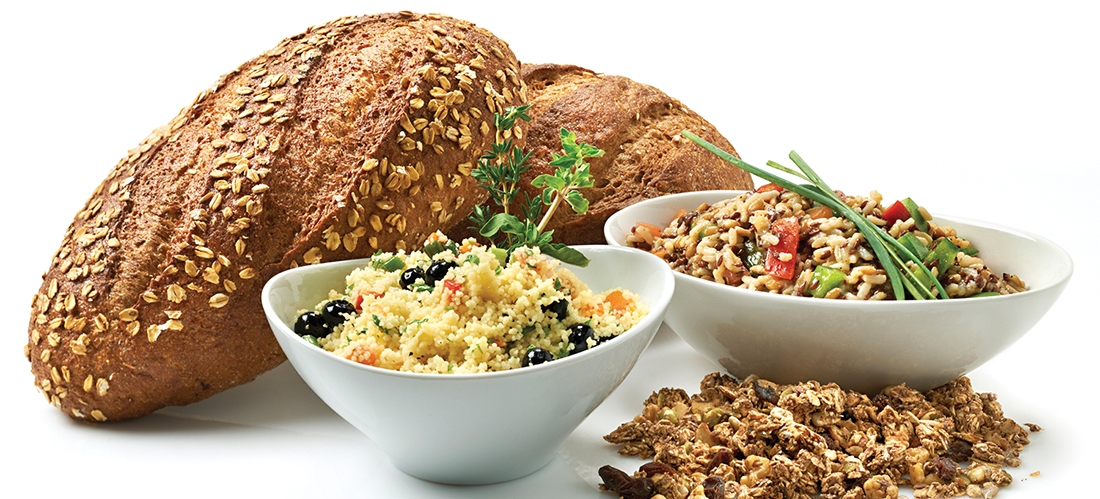
Legacy of Smart Choices
By Karen Frye
I have three beautiful daughters who are now grown and have children of their own. One of the most important things I felt that I could do for their well-being while they were little was to make sure they had a healthy diet. No sodas, no artificial colors, preservatives, and nothing processed. They did not go to fast food places. Now I see that they are caring for their babies this way as well.
About 20 years ago the American Academy of Pediatrics recommended that doctors work with schools to reduce students’ consumption of soft drinks and unhealthy snacks. The Feingold Association was founded in 1976 by parent volunteers to help families of children with learning and behavioral problems, and chemically sensitive adults. The late Dr. Benjamin Feingold, a pediatric allergist and the chief of allergy at the San Francisco Kaiser Permanente Medical Center, developed the allergy program, which eliminates synthetic food additives that have been shown to trigger hyperactivity, attention deficit and other behavioral problems. The association’s advisory board includes doctors and nurses from a variety of institutions, including Johns Hopkins. You can learn much more about the studies and special diets on their website, www.feingold.org.
There are stories about schools across the country that have implemented additive-free food options; the resulting difference has been higher test scores, and improved behavioral patterns. Also, the program has reduced the alarming rate of childhood obesity. Restricting junk foods, which are loaded with synthetic additives and sugar, can change a child’s life in a most positive way. Even the kids will notice a difference in how they feel, with less aggressiveness and better concentration in school.
In 1997, the students at Central Alternative High School in Appleton, Wisconsin, were out of control. Violence and discipline problems were everywhere. What the school did was revolutionary. They did not call in the SWAT team; they did not pass out medication. They simply installed a healthy lunch program. Fast-food burgers and fries were no longer an option. Instead, their choices were fresh salads, and meats prepared without preservatives. Whole grains and fresh fruits were added to the menu. Vending machines were removed, and purified water was readily available. As time passed, grades went up, attendance was better, vandalism decreased, and the kids were getting along with each other better.
It may be a farfetched thought that this could become the way we feed our children both at home and at school. If we could do our part to make the healthy choices for our kids, and educate them on the reasons why, there could be a shift in schools — and perhaps less ADD and ADHD — as we see the clear relationship between food and behavior. Make healthy eating a priority for your family, and the reward could be calmer, more attentive children.
Karen Frye is the owner and founder of Nature’s Own and teaches yoga at the Bikram Yoga Studio.





